As we read the Bible and experience God in our lives we see God has many characteristics, attributes and roles. One of the ways we see these differences is in the different names given to God in the Bible. The various Biblical names of God are given by the people who encounter God, and also by God when he introducing himself. When we know the names of God in Hebrew and their meanings we gain a better understanding of who God is and a deeper relationship with him.
With the Biblical Names of God Reading Plan I have also included some colouring pages of Bible Verses and a Names of God and their Meanings Chart. At the end of this post you can complete the form to download these printables for free.
What are the Biblical Names of God?
In the Bible, names were very significant. We often see that a person’s names is connected with their character or circumstances. We also see that some names were changed to signify a change in the person, for example, Jacob/Israel, Simon/Peter and Saul/Paul.
The names given to God are also highly significant. We are told in Scripture to not take his name in vain (Exodus 20:7) and often told to praise his name (Nehemiah 9:5).
Some verses, like Isaiah 40:28 record a number of the names of God in the one verse!
Have you not known? Have you not heard?
The Lord is the everlasting God,
the Creator of the ends of the earth.
He does not faint or grow weary;
his understanding is unsearchable.
Names of God in the Old Testament
Here we are going to look at 30 Bible verses from the Old Testament with 15 different names of God. Some are frequently used in the Bible, and some are only used once. The names of God in Hebrew often contain two parts – one part signifying God (El or Yahweh) and the other the characteristic.
Elohim – Creator God
At the beginning of the Bible we are introduced to God as the creator of the heavens and the earth. The name Elohim, Creator God, is also used elsewhere in the Bible to emphasis God is sovereign and powerful.
And on the seventh day God finished his work that he had done, and he rested on the seventh day from all his work that he had done. 3 So God blessed the seventh day and made it holy, because on it God rested from all his work that he had done in creation. Gen 2:2-3
The grass withers, the flower fades, but the word of our God will stand forever. Go on up to a high mountain, O Zion, herald of good news; lift up your voice with strength, O Jerusalem, herald of good news; lift it up, fear not; say to the cities of Judah, “Behold your God!” Isaiah 40: 8-9
El Roi – The God who sees me
The name El Roi is only used once in the Bible, when Hagar recognised that God was looking out for her and her son in the wilderness. This is a much more personal name for God than Elohim, and while it is only used once there are many places in Scripture that tell of God seeing and caring for his people.
So she called the name of the LORD who spoke to her, “You are a God of seeing,” for she said, “Truly here I have seen him who looks after me.” Gen 16:13
El Shaddai – Lord God Almighty
Some of the names of God show his might and power. The name El Shaddai declares that nothing is impossible for Him. God identified himself as God Almighty when blessing Abraham.
When Abram was ninety-nine years old the LORD appeared to Abram and said to him, “I am God Almighty; walk before me, and be blameless. Gen 17:1
He who dwells in the shelter of the Most High will abide in the shadow of the Almighty. Psalm 91:1
El Elyon – God Most High
El Elyon also shows the majesty and sovereignty of God. It is first used in Genesis 14 when Abraham meets Melshizadek.
And Melchizedek king of Salem brought out bread and wine. (He was priest of God Most High.) Gen 14:18
I will be glad and exult in you; I will sing praise to your name, O Most High. Psalm 9:2
El Olam – The Everlasting God
One of the most important characteristics of God is that he is eternal, and the Hebrew name El Olam is used to show that God is eternal or everlasting.
Abraham planted a tamarisk tree in Beersheba and called there on the name of the LORD, the Everlasting God. Genesis 21:33
But the LORD is the true God; he is the living God and the everlasting King. At his wrath the earth quakes, and the nations cannot endure his indignation. Jer 10:10
Trust in the LORD forever, for the LORD GOD is an everlasting rock. Isaiah 26:4
For you, O LORD GOD, have spoken,
and with your blessing shall the house of your servant be blessed forever
Adonai – Lord and Master
As already mentioned, the name of God was to be held sacred and not misused. The Jews were so afraid of taking the Lord’s name (Yahweh) in vain that they would not speak it. Instead they would use the name Adonai, meaning Lord and master. This term is often used when we read of people praying to God. In English language Bibles Adonai is written as ‘Lord’ and Yahweh is written as ‘LORD’. Occasionally the two terms are used together, Adonai Yahweh, and is written as ‘Lord GOD’.
Now therefore may it please you to bless the house of your servant, so that it may continue forever before you. For you, O Lord God, have spoken, and with your blessing shall the house of your servant be blessed forever.” 2 Sam 7:29
But for you, O Lord, do I wait; it is you, O Lord my God, who will answer. Psalm 38:15
Yahweh – (LORD) Omnipotent Lord, absolute ruler
Although the Jews were reluctant to speak the name Yahweh, it is the most common word used to refer to God in the Bible, some 6519 times. It is first used in Gen 2:4 but God does not use the term about himself until Exodus 3 when he meets Moses at the burning bush.
God said to Moses, “I am who I am.” And he said, “Say this to the people of Israel: ‘I am has sent me to you.’” God also said to Moses, “Say this to the people of Israel: ‘The LORD, the God of your fathers, the God of Abraham, the God of Isaac, and the God of Jacob, has sent me to you.’ This is my name forever, and thus I am to be remembered throughout all generations. Exodus 3:14-15
And the glory of the LORD shall be revealed, and all flesh shall see it together, for the mouth of the Lord has spoken.” Isaiah 40:5
Behold, I send my messenger, and he will prepare the way before me. And the Lord whom you seek will suddenly come to his temple; and the messenger of the covenant in whom you delight, behold, he is coming, says the LORD of hosts. Malachi 3:1
Who is this King of glory?
The LORD of hosts,
he is the King of glory!
The name Yahweh is often followed by other names to highlight God’s character and actions.
Yahweh Yireh – (Jehovah Jirah) The Lord will provide
The term Jehovah Jirah might be familiar to you, but it is only used once in the Bible, in Gen 22:14 when God provided a ram for Abraham to sacrifice instead of Isaac.
So Abraham called the name of that place, “The LORD will provide”; as it is said to this day, “On the mount of the LORD it shall be provided.” Genesis 22: 14
Yahweh Rophe – The Lord Heals
This Biblical name for God is also only used once in Scripture when God introduces himself to the Israelites in the wilderness for the second time. It goes further than just healing our sicknesses, but refers to God restoring us, making us whole and keeping us from diseases.
If you will diligently listen to the voice of the LORD your God, and do that which is right in his eyes, and give ear to his commandments and keep all his statutes, I will put none of the diseases on you that I put on the Egyptians, for I am the LORD, your healer.” Exodus 15:26
Yahweh Nissi – The Lord my Banner
Moses calls God ‘The Lord is my Banner’ after a victory over the Amalekites when Moses held up his hands in prayer during the battle. The name is a reminder of God’s leadership and protection.
And Moses built an altar and called the name of it, The LORD Is My Banner, saying, “A hand upon the throne of the LORD! The LORD will have war with Amalek from generation to generation. Exodus 17:15-16
Yahweh-Raah – The Lord my Shepherd
God is not just mighty in battle, he is also our shepherd. This refers to him being our friend and companion who leads and provides.
The LORD is my shepherd; I shall not want. Psalm 23:1
I myself will be the shepherd of my sheep, and I myself will make them lie down, declares the LORD GOD. Ezekiel 34:15
Yahweh Shalom – The Lord is Peace
Another name of God used once in the Bible is Yahweh Shalom. The term was used by Gideon when he built an altar after being visited by the angel of the Lord. The Hebrew word for peace also encapsulates wholeness and completeness.
Then Gideon built an altar there to the LORD and called it, The LORD Is Peace. To this day it still stands at Ophrah, which belongs to the Abiezrites. Judges 6:24
Yahweh Tzidkenu – The Lord our Righteousness
This name is used in the book of Jeremiah.
In those days Judah will be saved, and Jerusalem will dwell securely. And this is the name by which it will be called: ‘The LORD is our righteousness.’ Jeremiah 33:16
Yahweh M’kaddesh – The Lord who Sanctifies
The terms ‘sanctify’ and ‘holy’ refer to being set apart by God, as he is holy. God tells us to show we are set apart, or sanctified, by keeping his laws.
You are to speak to the people of Israel and say, ‘Above all you shall keep my Sabbaths, for this is a sign between me and you throughout your generations, that you may know that I, the LORD, sanctify you. Exodus 31:13
Keep my statutes and do them; I am the LORD who sanctifies you. Leviticus 20:8
To whom then will you compare me, that I should be like him? says the Holy One. Isaiah 40:25
Yahweh Sabaoth – The Lord of Hosts
Let’s finish with one of the most common names of God. Yahweh and Elohim occur with Sabaoth over 285 times. It is most frequently used in Jeremiah and Isaiah and indicates God’s absolute sovereignty over all creatures. The Lord of Hosts is the king of all heaven and earth.
But the LORD of hosts is exalted in justice, and the Holy God shows himself holy in righteousness. Isaiah 5:16
And I said: “Woe is me! For I am lost; for I am a man of unclean lips, and I dwell in the midst of a people of unclean lips; for my eyes have seen the King, the LORD of hosts!” Isaiah 6:5
Even the sparrow finds a home,and the swallow a nest for herself, where she may lay her young, at your altars, OLORDof hosts, my King and my God. Psalm 84:3
The latter glory of this house shall be greater than the former, says the LORD of hosts. And in this place I will give peace, declares the LORD of hosts. Haggai 2:9
Who is this King of glory? The LORD of hosts, he is the King of glory! Psalm 24:10
Biblical Names of God Bible Reading Plan and Coloring Printables
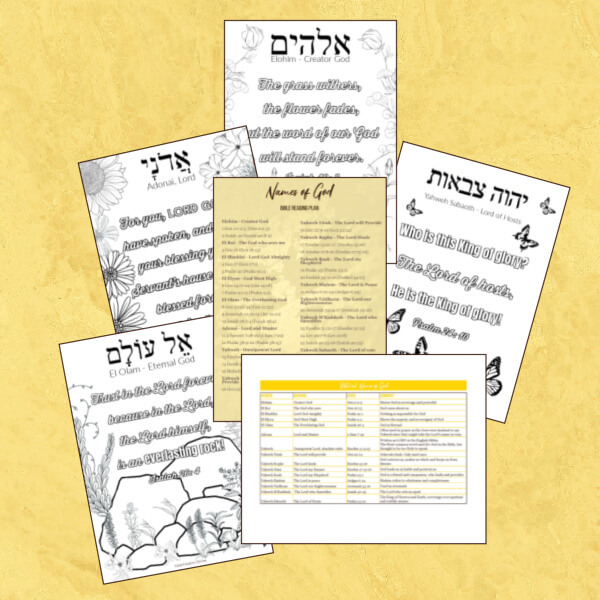
I have got some extra goodies for you to go along with this plan! The names of God printable pack contains:
- The Biblical Names of God Reading Plan
- The Biblical Names of God and their meaning Chart
- Four colouring pages of Bible verses.
As with most of my plans, it is for 30 days but this time for each day I have listed a passage and then in italics the one or two verses that come from the passage that have been written in this post.
Read the longer passage to get a greater understanding of the events surrounding the use of the name, and then you can write out the main verses. You may also want to do a deeper study on the verses or words. Here are some other posts to give you some ideas:
An Introduction to Verse Mapping
How to do a Bible Word Study (this post gives instructions on how to look up Hebrew words using online tools).
I hope you have found these verses on the Biblical Names of God helpful. Use them in your prayer and praise to God as you deepen your understanding of Him.
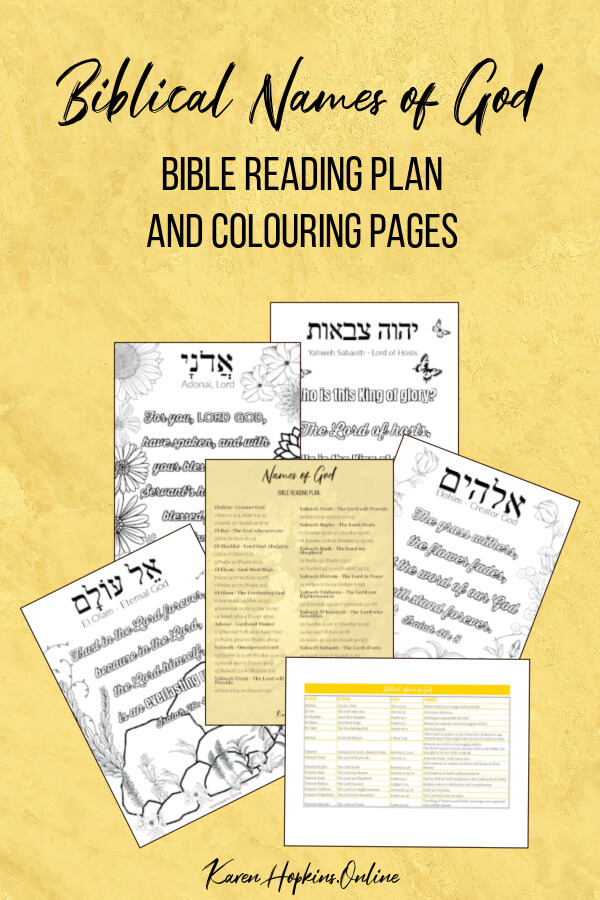




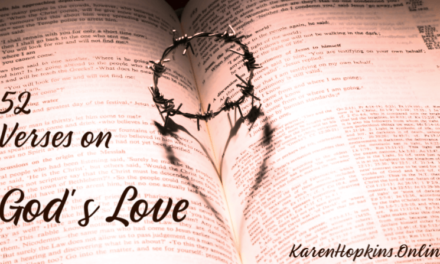


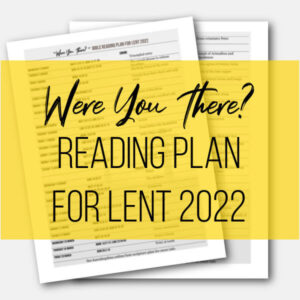
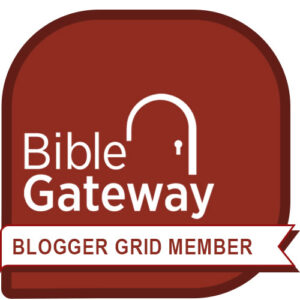

Trackbacks/Pingbacks